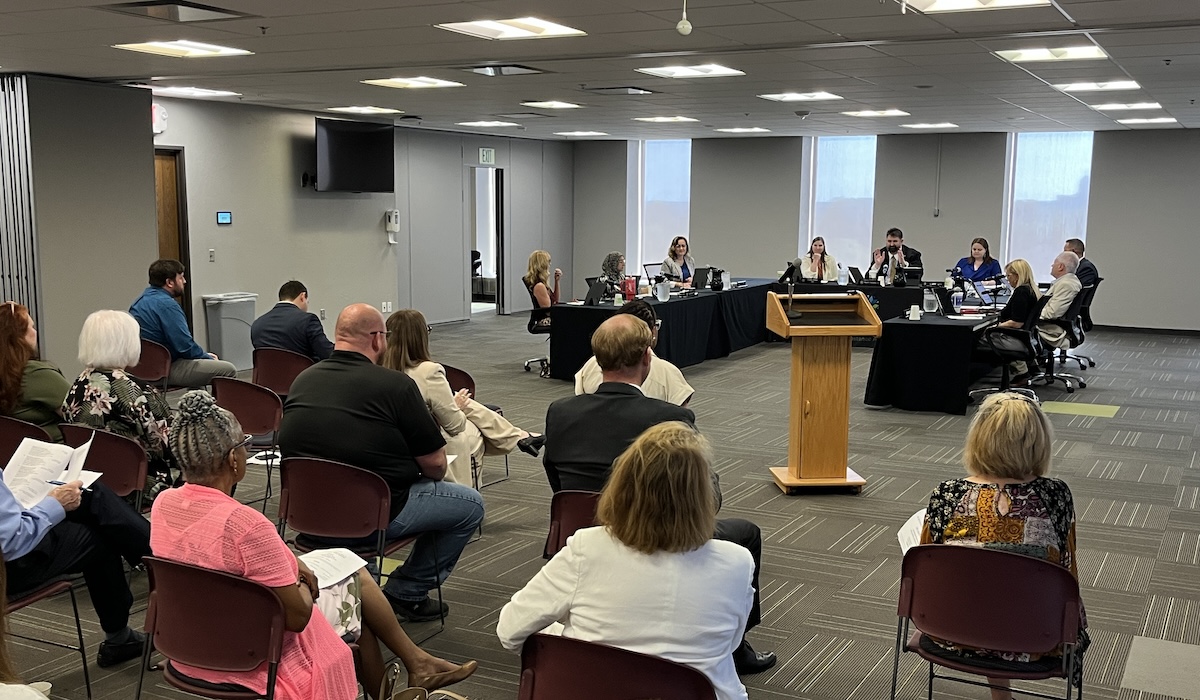
The state of Oklahoma recently decided to cut funding to a key mental health program that provided essential job and housing support for people struggling with mental illness. This decision has left many individuals without the necessary assistance to live stable and independent lives. For younger people, losing this support means facing greater challenges in finding employment and safe housing, which are critical steps toward recovery and self-sufficiency.
This change reflects wider issues in government funding for mental health services across the United States. According to reports from Oklahoma’s Department of Mental Health and Substance Abuse Services, thousands relied on this program before it was cut. Many advocates argue that reducing funds now will cause long-term social issues, including increased homelessness and unemployment among vulnerable populations.
What Was the Job and Housing Program?
The program provided by Oklahoma’s mental health services aimed to help individuals with mental illnesses find jobs and affordable housing. It offered personalized support like job coaching, skill training, and assistance in securing safe living spaces. This kind of help is crucial because mental health conditions often make it difficult for people to navigate the complex job market and housing systems on their own.
Such programs are proven to reduce homelessness and improve employment rates for people with mental health challenges. The Substance Abuse and Mental Health Services Administration (SAMHSA) highlights that integrated support in housing and employment leads to better mental health outcomes. Unfortunately, with Oklahoma’s recent budget cuts, this proven support system is no longer available to many.
Impact on Individuals and Communities
The immediate impact of the funding cuts is the loss of essential services that helped people maintain stable lives. Without support, many individuals may end up homeless or unemployed, increasing their risk of crisis situations. Young adults, who are already struggling to enter the workforce and find affordable housing, are among the hardest hit.
Community advocates warn that these cuts may increase demand for emergency services, including shelters and hospitals. The Oklahoma Policy Institute observed that reduced mental health funding often shifts the burden to other costly public services, making long-term recovery more difficult. This creates a cycle of instability and dependence.
How Did Budget Cuts Happen?
Oklahoma’s government had to make tough budget decisions recently, and mental health funding was reduced due to limited state revenue. While other sectors also faced cuts, mental health programs experienced a significant decrease. According to recent data from the Oklahoma legislature, the state reduced mental health budgets by millions of dollars, affecting access to many vital programs.
These cuts come at a time when mental health needs are rising nationwide, especially among young people dealing with stress, anxiety, and depression. Experts argue that investing in prevention and support programs saves money in the long run by reducing emergency care costs and improving productivity.
What Are Advocates Saying?
Mental health advocates in Oklahoma are asking the government to restore funding to these crucial programs. Groups like Mental Health America stress that job and housing support is not a luxury but a necessity for recovery. Restoring funding would help prevent more people from falling into homelessness or unemployment, which affects the whole community.
These advocates point to successful models in other states that maintain or increase funding for mental health support. For example, according to the National Alliance on Mental Illness (NAMI), states that prioritize integrated programs see better health outcomes and lower rates of homelessness. They urge Oklahoma leaders to reconsider the value of these services before making cuts permanent.
What Can You Do?
Younger readers and community members can help by raising awareness about this issue and supporting mental health initiatives. Writing to local representatives, participating in community discussions, and spreading accurate information can influence future decisions. Many organizations, including Oklahoma’s Department of Mental Health and Substance Abuse Services, provide resources for those wanting to get involved.
Additionally, understanding the importance of mental health support can help reduce stigma and encourage people to seek help early. Supportive communities are crucial in ensuring everyone has the opportunity to lead a healthy and productive life.
Conclusion
The cuts in Oklahoma’s mental health funding have ended a valuable job and housing program that supported thousands. This decision affects many, especially younger people facing challenges of unemployment and housing insecurity. While budget constraints are real, experts and advocates stress the long-term harm these cuts may cause to individuals and the community.
It is vital to continue pushing for better mental health support in Oklahoma to ensure all residents can live with dignity and hope.









